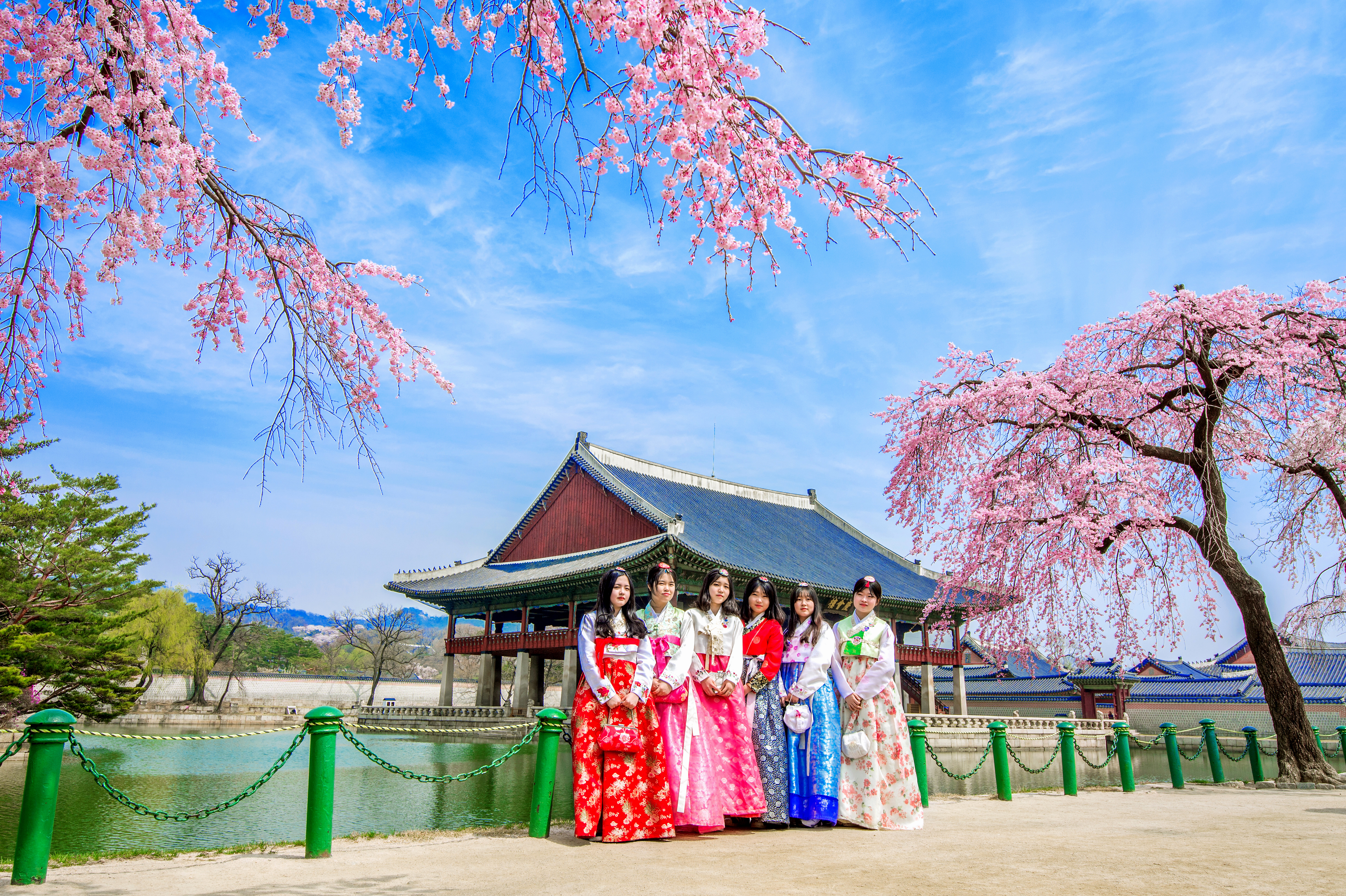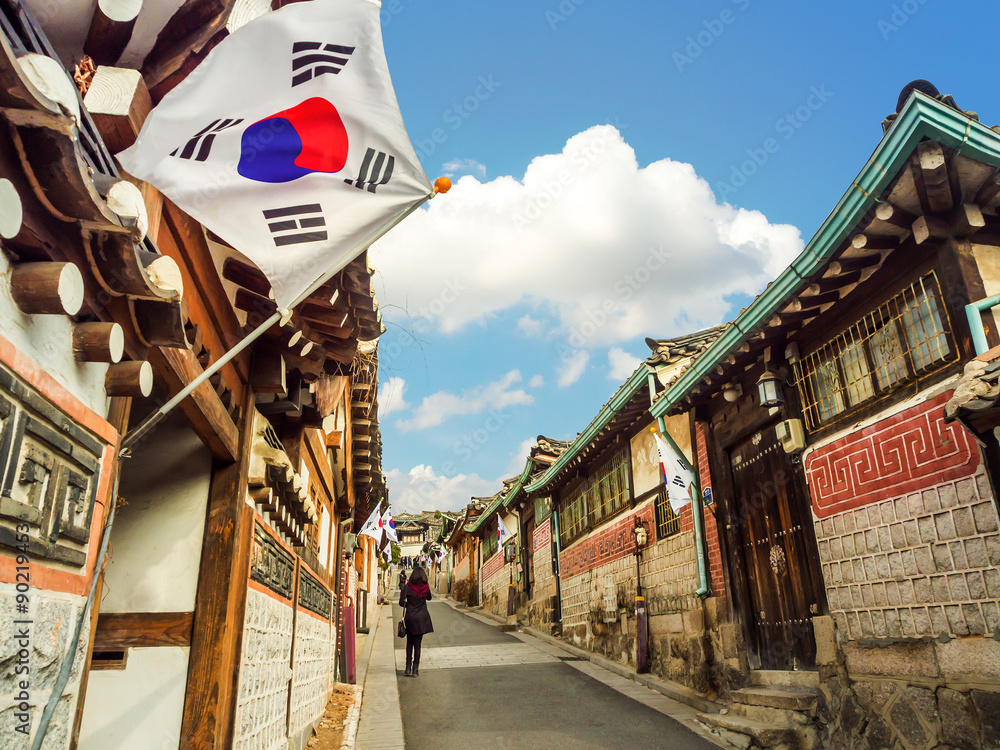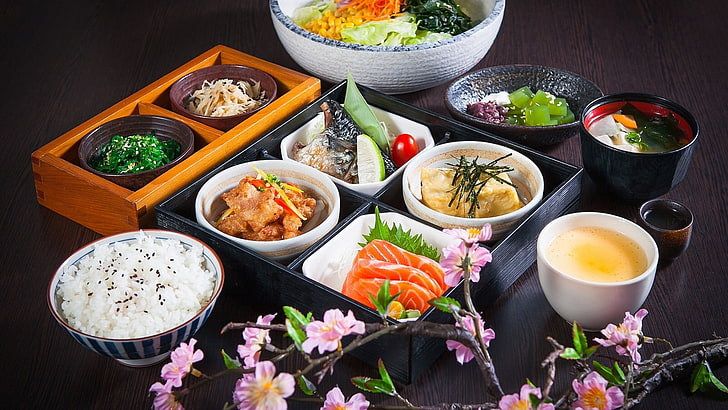
Moving to any new place can be daunting; amongst all the new things you’ll need to adjust to, perhaps the weather is the most difficult. Those who arrive from the Americas are used to four distinct seasons, including cold winters and warm to hot summers. Living closer to or further from the equator can also play a significant role in how difficult the adjustment will be. Those who grew up in the Mediterranean or something similar will be used to year round heat and humidity.
Weather in South Korea isn’t as big a hurdle as it might be. The small peninsular country has four distinct seasons, and the fall and spring are the perfect time to get outdoors and enjoy nature. Summers can be hot and muggy, but Koreans love their water parks; no matter where you are, there’s a good chance that there’s some kind of water park within easy traveling distance. Maybe big or maybe small, but they’re out there and all it takes is some detective work or asking a friend.
South Korea is also well known for its hot springs or “oncheons”, which are also numerous and easily found. Public baths (Jjimjilbangs) are a popular treat and a visit to one could include a body scrub and massage. These are quite similar to the Roman style bathhouses and an inexpensive way to spend an afternoon. They include lounge areas with snacks and heated floors where you can take a nap. The bathhouses are divided by gender and women can also enjoy this cultural treat.
Winters in South Korea are dry and cold, so visitors need to bring seasonal clothing; however, homes often have heated floors (ondol heating) similar to those found in the bathhouses. Even in the dead of winter, once someone has arrived home, they can shed the winter layers and pretend that it’s summer all over again and without the humidity. South Korean heating style includes a system of water pipes that run underneath the floor. These floors circulate hot water and provide an evenly distributed heat that permeates the structure. Some people even prefer to sleep on the floor with blankets, providing a firm surface for the back and using the heat to solve lower back problems.
One of the best ways to visit a country is through an extended visit, and teaching English in South Korea can be the perfect way to make that happen. Teaching jobs generally pay very well and there’s usually opportunities to earn additional money teaching private classes (a bonus if your student loan is still hanging over you like a lead balloon). Private language schools and businesses hire year round, while public schools, colleges and universities hire in September and March. My partner and I facilitate hiring for many schools and companies in South Korea, so if this interests you, feel free to reach out. There are no fees involved (on your end; we do receive commissions from the schools) and we’re willing and able to help you through the hiring and the settling in processes. The spas and hot springs are waiting for you.







